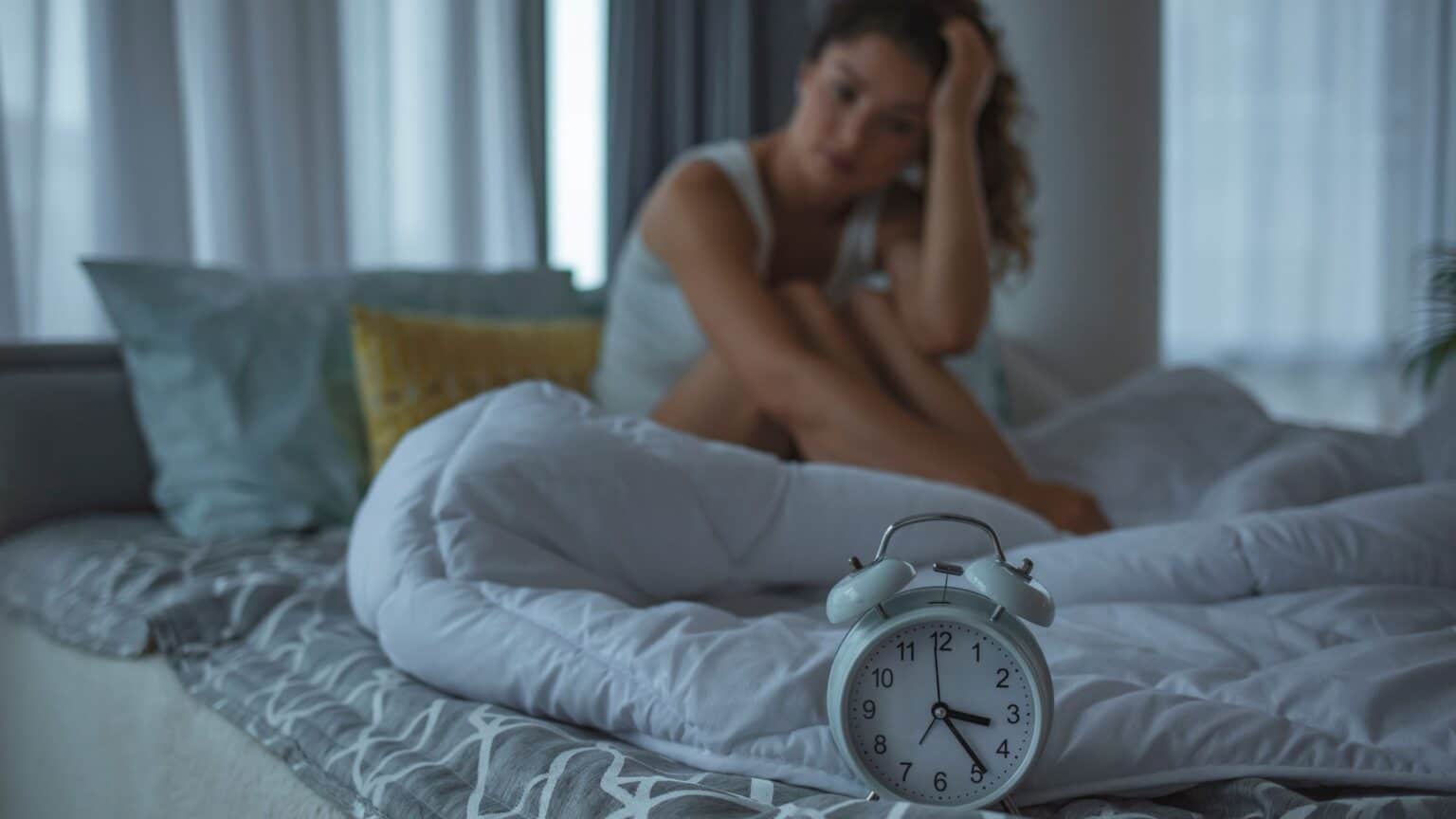Here’s the translation into American English:
With the arrival of summer heat, many people face the challenge of falling asleep. Dr. Carlos Egea, head of the Sleep Unit at Quirónsalud Vitoria, has shared practical and scientifically-backed recommendations to cope with high nighttime temperatures and improve sleep quality.
The high temperatures at night can negatively affect circadian rhythms, disrupt deep sleep phases, and increase nighttime awakenings. This can lead to fatigue, irritability, and lower performance throughout the day. Summer may also exacerbate pre-existing issues like insomnia or sleep apnea, making it more crucial than ever to adopt healthy habits.
Among Dr. Egea’s recommendations is the importance of keeping the bedroom temperature between 66°F and 70°F. This temperature range is optimal since a slightly cooler body temperature is needed to induce sleep. He also suggests cooling the body before bedtime, either with a lukewarm shower or by applying cold water to areas such as the wrists or ankles, which helps dissipate heat.
The specialist emphasizes the relevance of choosing breathable clothing and sheets, preferably made from natural fabrics like cotton or linen, which allow for proper ventilation. Home ventilation is another determining factor; it is recommended to close blinds during the day to block heat and open windows at night when the outside temperature drops, creating an airflow that promotes restful sleep.
Regarding diet, the doctor suggests opting for light dinners and eating at least two hours before going to bed, as heavy digestion can raise the body temperature at a time when the body should start to relax. Staying hydrated throughout the day is vital, although excessive fluid intake before bedtime should be avoided to prevent nighttime interruptions.
The impact of sleep extends beyond comfort; it affects mood, concentration, and the immune system. Egea notes that seasonal changes in habits, such as disruptions in eating and resting schedules, influence sleep quality, making it essential to maintain some regularity.
Finally, the doctor warns that individuals who suffer from chronic insomnia, suspect excessive snoring, or wake up feeling tired after several hours of sleep should seek attention at a specialized sleep unit. While summer heat may intensify these symptoms, they should not be considered normal and require proper evaluation.
via: MiMub in Spanish










